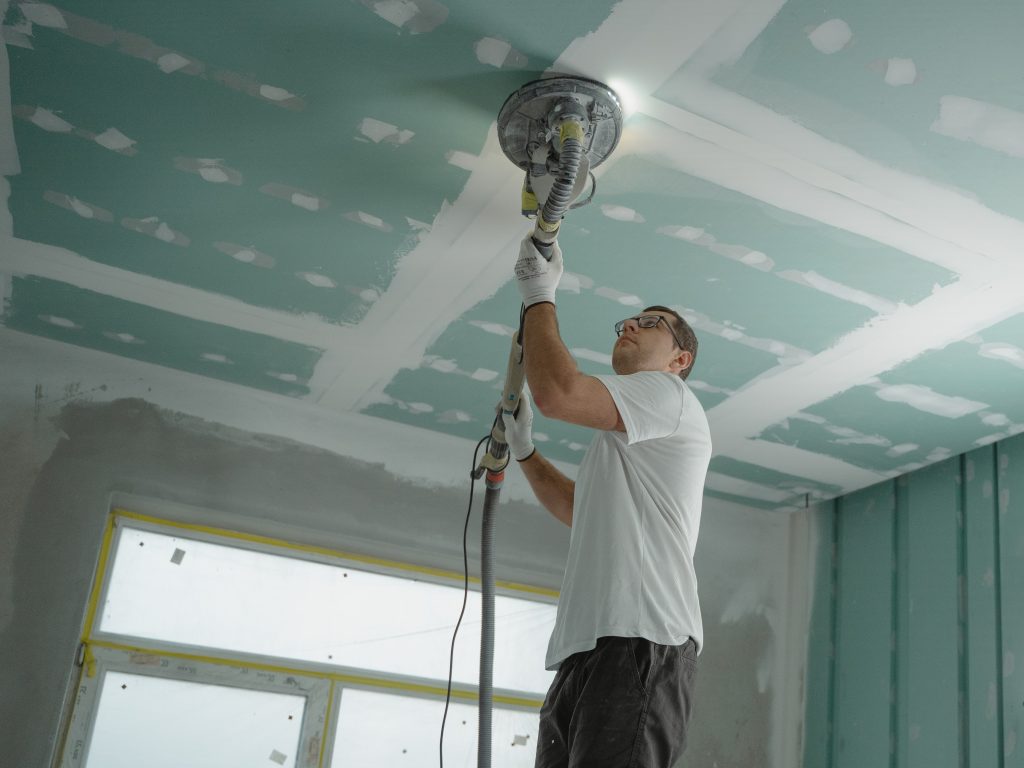
Things to Know Before Building a New House

Building a new home is an exciting and rewarding experience, but it’s also a significant undertaking that requires careful planning and consideration. From selecting the right location to making design choices, there’s a lot to keep in mind to ensure your dream home becomes a reality. Here are the essential things you should know before starting your new home construction journey.
1. Budget Wisely
Building a new home can be more expensive than purchasing an existing one, so having a clear budget is crucial. Consider:
- Land costs – The price of the plot can vary depending on location, size, and zoning restrictions.
- Construction costs – This includes labor, materials, permits, and any special features or customizations you want.
- Unexpected expenses – Set aside 10-20% of your budget for unforeseen costs like design changes, weather delays, or material price fluctuations.
2. Choose the Right Location
Location is one of the most important factors when building a new home. Consider these aspects:
- Proximity to work, schools, and amenities – Choose a location that meets your lifestyle needs.
- Land features – Assess the topography, soil quality, and natural surroundings, which could impact construction and future landscaping.
- Zoning and regulations – Check local zoning laws and building codes to ensure you can build the type of home you want.
3. Select the Right Builder
Finding a trustworthy and experienced builder is crucial to ensuring a smooth process. Do your research:
- Read reviews and ask for referrals – Check online reviews and talk to people who have worked with the builder before.
- Ask about experience – Make sure the builder has experience with the type of home you want and is familiar with the local area and regulations.
- Review contracts carefully – Understand the terms, timelines, warranties, and any potential extra costs before signing anything.
4. Design Your Dream Home with Functionality in Mind
While aesthetics are important, don’t forget to prioritize function and future needs when designing your home. Consider:
- Space planning – Think about how much space you’ll need for each family member and how you’ll use each room.
- Energy efficiency – Incorporate energy-efficient appliances, windows, insulation, and HVAC systems to save on utility bills.
- Customization – If budget allows, customize your home with unique features, such as a chef’s kitchen, home office, or spa bathroom.
5. Understand the Timeline
Building a new home can take several months or even over a year, depending on the size, complexity, and weather conditions. Be prepared for potential delays due to factors like:
- Weather – Inclement weather can halt construction, especially in New Jersey winters.
- Supply chain issues – Delays in materials or labor shortages can also extend the timeline.
- Permit approvals – Local government agencies may take time to approve necessary permits.
6. Get the Necessary Permits
Before you break ground, you’ll need to secure various permits, which vary by municipality. Common permits include:
- Building permit – Required for new construction, ensuring your home meets local codes.
- Electrical, plumbing, and mechanical permits – These are necessary for any major systems work.
- Land use permits – If you’re in a historic district or flood zone, additional approvals may be needed.
7. Consider Future Resale Value
While you’re building your dream home, it’s also important to consider its long-term value. Features like ample storage, modern design, and energy efficiency can increase resale value. Additionally, keep in mind:
- Neighborhood trends – Research the area to understand how your home fits in with other properties.
- Market demand – Stay mindful of features that are likely to appeal to future buyers in your area.
8. Stay Involved During the Construction Process
Regularly check in with your builder to ensure the project is staying on track. Attend site visits to monitor progress, ask questions, and address any concerns as they arise. This involvement can help prevent issues down the road.
9. Plan for Landscaping and Outdoor Spaces
Don’t forget to plan your outdoor areas. Landscaping can significantly enhance the appearance and functionality of your property. Consider:
- Outdoor living spaces – Patios, decks, or outdoor kitchens can be a great investment.
- Privacy and shade – Planting trees or using fencing can help provide privacy from neighbors.
- Water features – A pond, fountain, or pool can elevate your yard’s appeal.
10. Expect Ongoing Maintenance
Once your home is built, remember that maintenance is an ongoing responsibility. Regular tasks include:
- Landscaping care – Maintain your garden, lawn, and trees.
- Roof and HVAC upkeep – Keep up with annual inspections to avoid costly repairs.
- Cleaning and repairs – Regularly check appliances, plumbing, and electrical systems.
Final Thoughts
Building a new house is a major project that requires time, effort, and careful planning. By budgeting wisely, choosing the right location and builder, and staying involved throughout the process, you can ensure your new home meets your needs and becomes a lasting investment.
Ready to start your new home journey? Reach out to a local expert to help guide you through the process!
Would you like advice on choosing a builder or understanding building permits in New Jersey?





